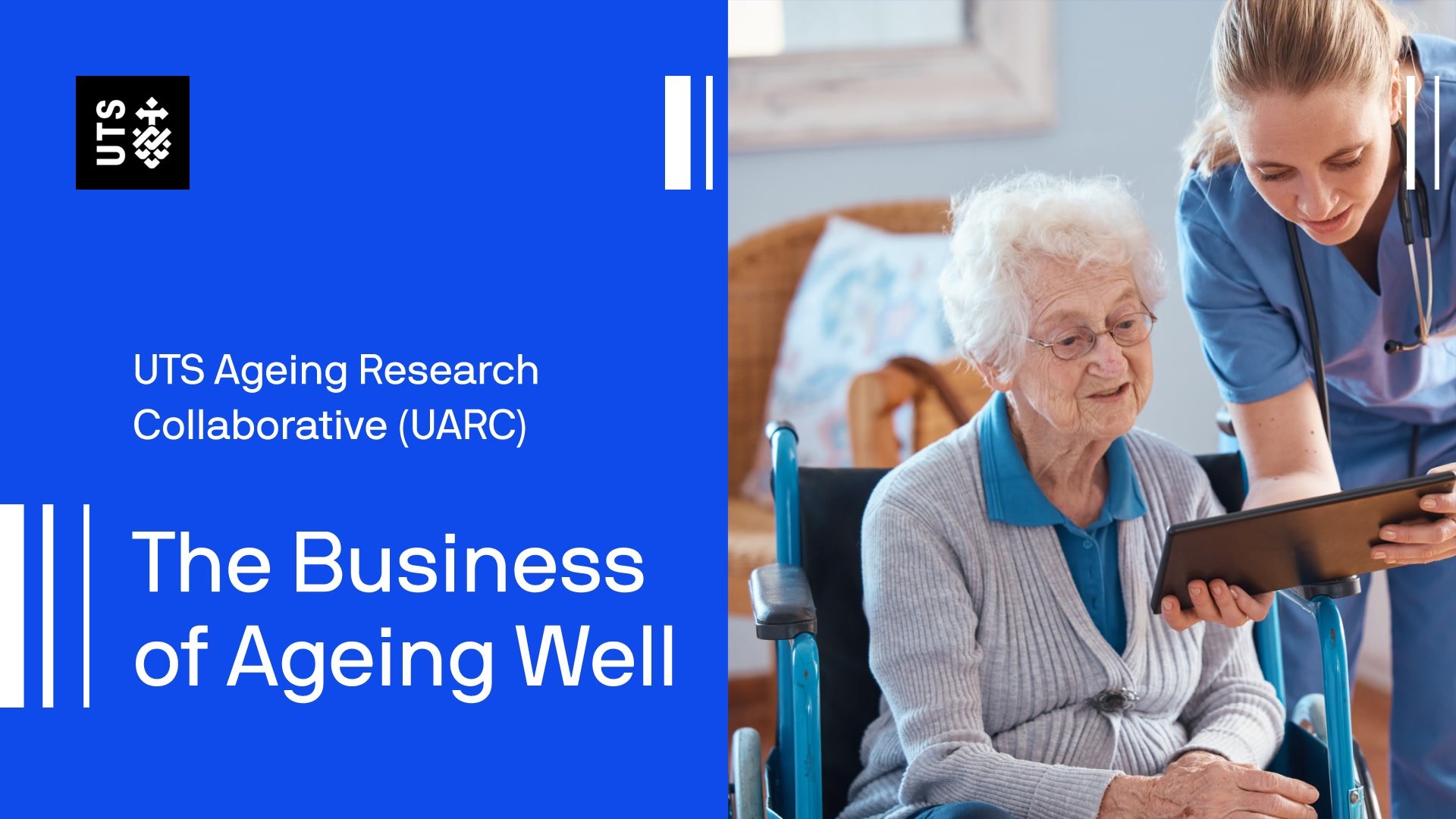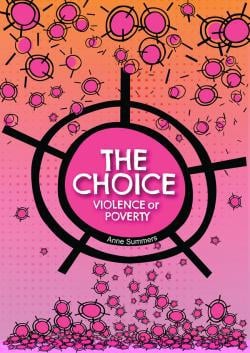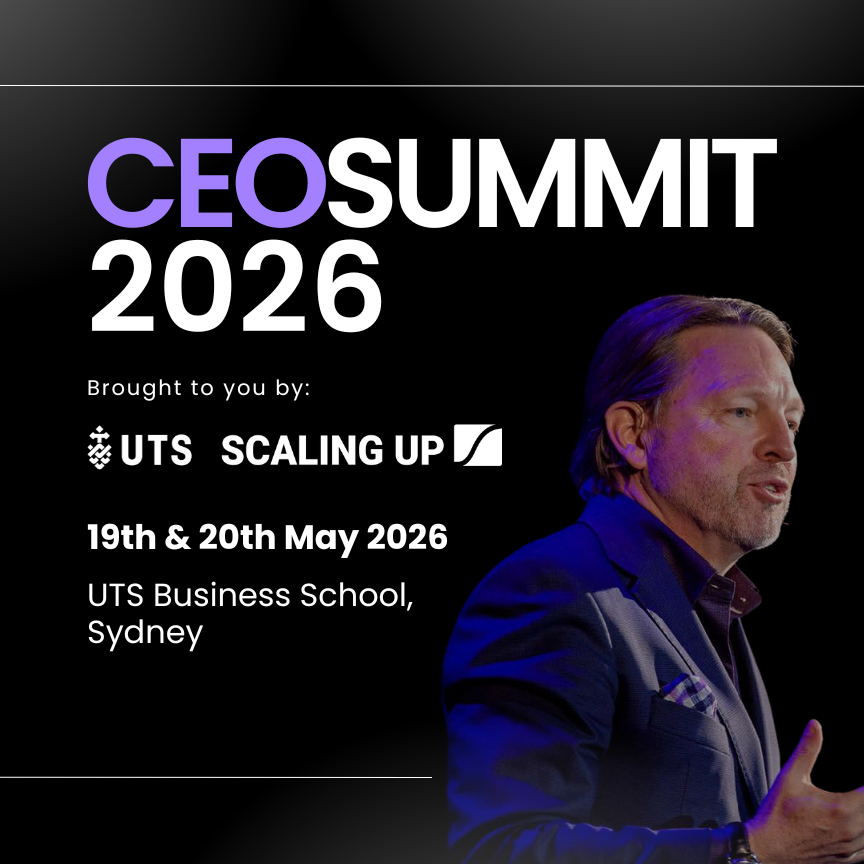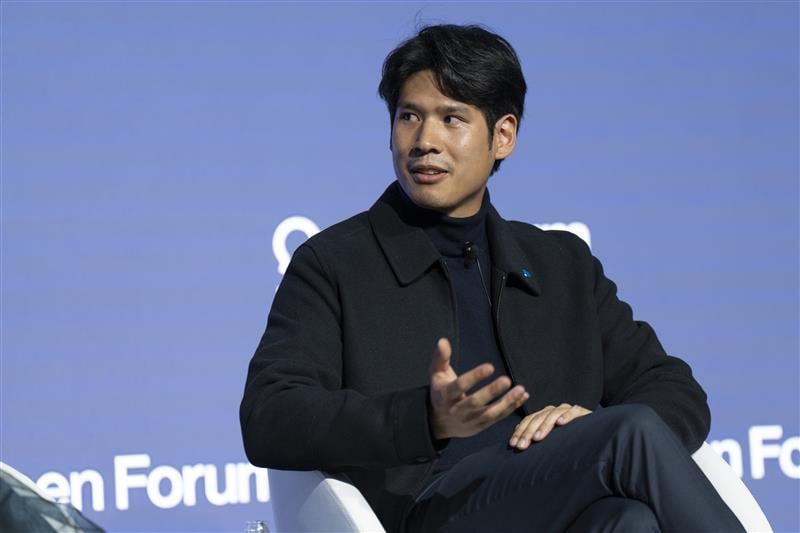A different type of business school
Our vision is to be a socially-committed business school focused on developing and sharing knowledge for an innovative, sustainable, prosperous economy in a fairer world.
We do this by leading education and research that enables businesses and organisations to contribute to the public good. We believe in an education that brings intellectual rigour and creative problem solving together with cultural awareness and social responsibility.
Students who come to UTS Business School can expect a well-rounded education that prepares them to become innovative, competent and responsible leaders in their chosen careers.
-
trophy Internationally ranked
Top 100
for Accounting & Finance globally.
QS World University Rankings by Subject 2024
-
workspace_premium Internationally ranked
Top 150
for Economics & Econometrics and Management & Business Studies globally.
QS World University Rankings by Subject 2024
-
editor_choice Business for good
Best Business School
Committed to a responsible ethos, as awarded by The Financial Times.
FT Responsible Business Education Awards 2024
We are the first business school in Australia to be awarded five stars in the QS Stars Business Schools, recognising UTS internationally for its high performance in research, graduate employability, teaching quality and infrastructure. We're ranked 47th in the world and 5th in Australia for Sustainability (QS Sustainability Rankings 2025).
The teachers, researchers and support staff at UTS Business School are outward looking and actively engaged with business, the professions and community. This is what makes us different.
UTS Business School brings together cross-disciplinary teams of researchers to tackle a wide range of business, economic and social problems.
UTS Business School aims to advance knowledge with impact, delivering value to society through our research, teaching and contribution as a public institution. This is something we want to do for you and with you.
Research with impact
UTS Business School drives business and social impact through research, teaching, and community engagement.
A socially committed business school
Our vision is to be a socially-committed business school focused on developing and sharing knowledge for an innovative, sustainable and prosperous economy in a fairer world.













